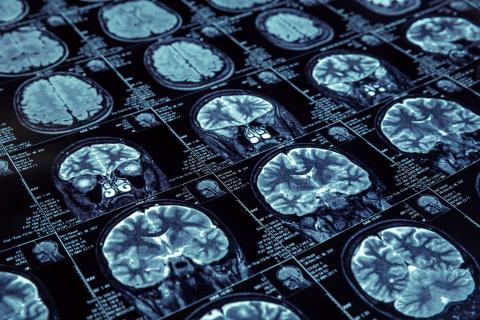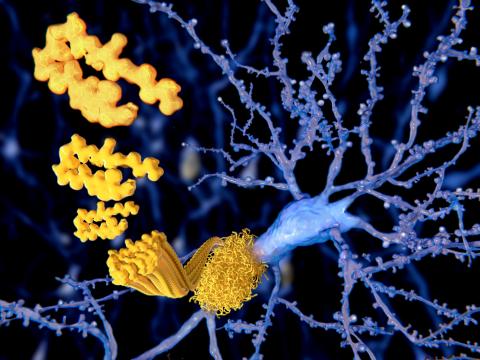Reaction to the study confirming the usefulness of a blood biomarker for diagnosing Alzheimer's disease
A study published in the journal Neurology claims to have confirmed the usefulness of a biomarker in blood to diagnose Alzheimer's disease without the need for other tests.

Marc Suárez - alzhéimer
Marc Suárez-Calvet
Researcher at the Barcelonabeta Brain Research Center and the Neurology Service of the Hospital del Mar (Barcelona)
The development of blood biomarkers to detect Alzheimer's disease has been one of the most important advances in our field in recent years. Several studies have shown in research cohorts that excellent blood biomarkers are available. However, there are still few studies that evaluate these biomarkers in the "real world", i.e. in patients who come to the neurology departments of our hospitals after being referred from their primary care centre for cognitive problems.
The study published by the Hospital Clínic de Barcelona team, with Jordi Sarto as first author, shows that these biomarkers in blood can also be useful in routine clinical practice. The reference tests for the diagnosis of Alzheimer's continue to be lumbar puncture or PET, but the introduction of biomarkers in blood may help to improve the selection of patients who undergo these more complex tests.
In particular, blood p-tau181 and, to a lesser extent GFAP, are particularly useful for detecting Alzheimer's; the combination of blood p-tau181 and NfL helps in the diagnosis of frontotemporal dementia. Moreover, the authors propose cut-off points for the biomarkers and discuss how to use them in various clinical scenarios: detecting amyloid pathology (which defines Alzheimer's), diagnosing frontotemporal dementia or determining whether a patient's cognitive problems are due to a neurodegenerative disease.
All these scenarios are frequent in daily clinical practice and the authors' conclusions will undoubtedly be very useful in improving the care of our patients. Given these results, we must now work on the implementation of blood biomarkers in our centres and on the development of clinical guidelines for their appropriate use.
Translated with www.DeepL.com/Translator (free version)
- Research article
- Peer reviewed



